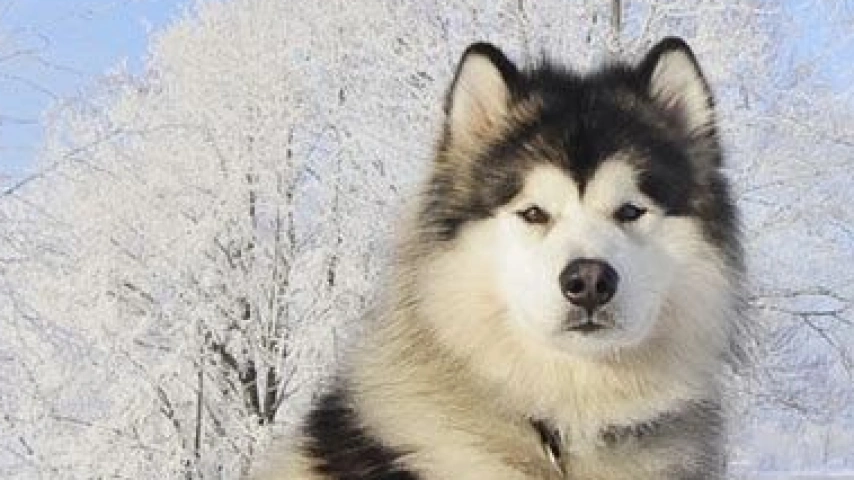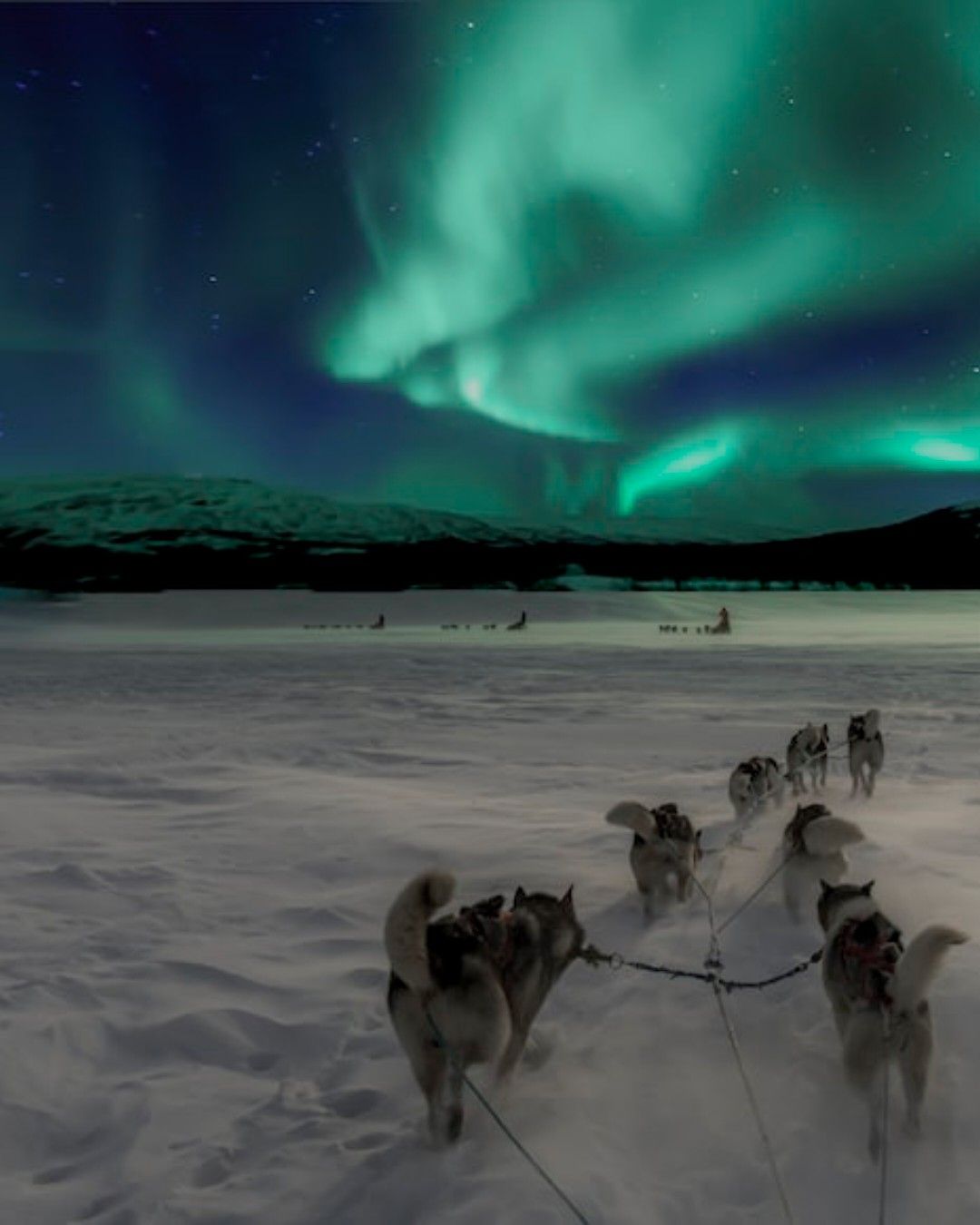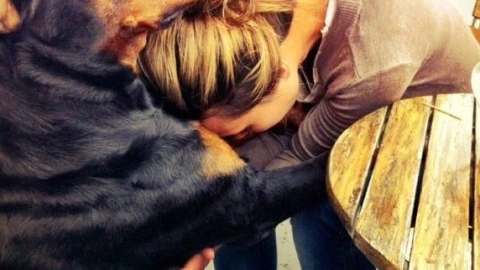Dog / Detail
Fluffy and Fabulous: Caring for Your Malamute's Coat
Jonathan Bennet | 03 August 2024 | 19:00
Fancy owning a Gentle Giant Malamute? There are certain considerations to bear in mind to ensure their well-being, particularly in relation to their magnificent coat.
The most important thing, The Malamutes originally bred for the harsh Arctic climate, they are best suited for colder regions. Their thick coats provide excellent insulation, allowing them to thrive in snowy and icy conditions.
While they can adapt to warmer climates, it's essential to provide them with adequate shade, ventilation, and opportunities for cooling down.

Then Northern Asia, such as Siberia and parts of Russia provide similar conditions to the Malamute's native habitat, with harsh winters and vast, with open spaces.
And last but not least is North America. From Alaska, Canada, up to the northern regions of the United States offer suitable climates for Malamutes. These areas often experience cold winters and opportunities for outdoor adventures.
While Malamutes can adapt to warmer climates, it's important to take precautions to prevent overheating. There's some challenges for petting Malamutes in warmer climates. It should be not to avoid excessive exercise during hot weather, provide plenty of shade, and access to cool water. Overheating can be life-threatening for Malamutes.

The Alaskan Malamute's iconic double coat requires diligent grooming to maintain its health and luster.
While their thick fur provides excellent insulation against harsh weather, it also demands regular attention to prevent matting and tangles.

The Malamute's coat consists of two layers: a dense undercoat and a longer, coarser outer coat. The undercoat provides insulation, while the outer coat repels water and dirt.
Regular grooming helps to remove dead hair, prevent matting, and distribute natural oils throughout the coat.
Grooming Routine
Brushing: Regular brushing is essential to prevent matting. Use a pin brush or a slicker brush to remove dead hair and distribute natural oils. During shedding seasons, brushing may need to be increased to twice a week or more.

Paw Care: Check your Malamute's paws regularly for cuts, cracks, or foreign objects. Trim the hair between the pads to prevent ice balls from forming during winter.
Nail Trimming: Regular nail trimming is essential to prevent discomfort and overgrown nails. Consult a professional groomer if you are unsure about trimming your Malamute's nails yourself.

Dental Hygiene: Regular dental care is crucial for overall health. Brush your Malamute's teeth regularly with a dog-specific toothpaste and toothbrush.
Shedding: Malamutes go through two major shedding periods each year. During these times, you may find yourself constantly brushing and vacuuming. While shedding is a natural process, regular grooming can help to manage it.
Professional Grooming: While many Malamute owners can handle grooming at home, professional grooming may be necessary for certain tasks, such as trimming the hair around the feet, ears, and eyes. A professional groomer can also provide advice on coat care and identify any potential health issues.
Related
-

The Healing Power of Dogs: How Canine Therapy is Revolutionizing Mental Health and Boosting Positive Energy in Humans
Dog14 November 2024
-

A Pawsitive History: Dogs of Nuremberg
Dog09 November 2024
-

The Role of Oxytocin in the Human-Dog Bond: The Science Behind Our Deep Connection
Dog06 November 2024
-

Beyond the Beach: Jamaica's Dog Lovers
Dog29 October 2024
-

A Dog's Delights: Homemade Snacks for Our Furry Babies, Recipes Included!
Dog29 October 2024
-

A Dog's Disorientation: Understanding Your Dogs' Wanderlust
Dog29 October 2024
Popular
-

-

A Pawsitive History: Dogs of Nuremberg
09 November 2024 -

-

Beyond the Beach: Jamaica's Dog Lovers
29 October 2024 -
